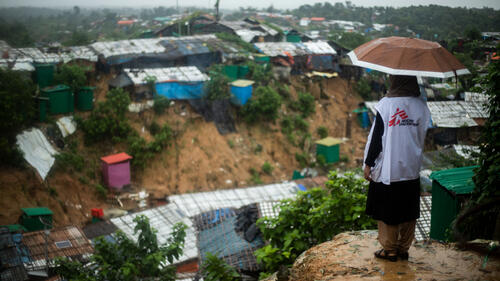Cox’s Bazar district in Bangladesh has hosted Rohingya refugees fleeing targeted violence in neighbouring Myanmar's Rakhine state since 1978. The latest violence, which began in August 2017, has provoked an unprecedented exodus, forcing hundreds of thousands of people to live in camps with deteriorating conditions. Around 860,000 Rohingya refugees live over a surface of 26 square kilometres.
At present, we are providing medical care in two districts: Dhaka and Cox’s Bazar, while working to maintain our regular medical response. The current intervention in Cox’s Bazar started in 2009, when Kutupalong field hospital was established to serve both refugees and the local community.
In August 2017, we scaled up activities and now run nine health facilities across Cox’s Bazar district, including three hospitals, three primary health centres and two specialised clinics.
Why are we here?

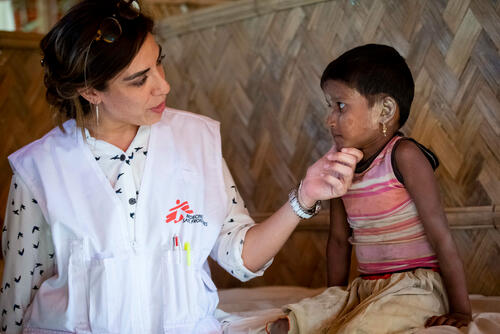
In Cox’s Bazar, we provide support through three hospitals, four health centres and two specialised health clinics. In addition, two standalone isolation and treatment centres for severe acute respiratory tract infections (SARI) are ready to be activated if necessary. Inpatient and outpatient services include emergency and intensive care, paediatric care, obstetrics and sexual and reproductive healthcare, as well as victims of sexual violence and patients with non-communicable diseases. We also provide water and sanitation activities for people in the camps.

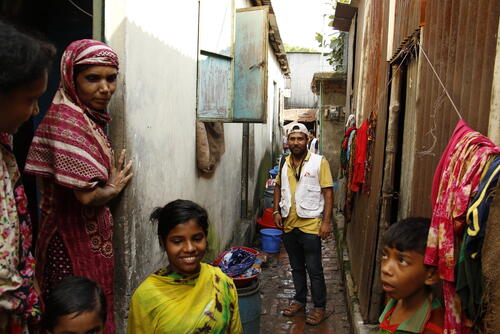
We run an occupational health programme for people living in the Kamrangirchar slum area of Bangladesh's capital, Dhaka. Many of them work in small factories where they are exposed, without protection, to dangerous machinery and substances. Activities include curative care for workers diagnosed with illnesses/morbidities related to work, preventive services (e.g. tetanus vaccinations), factory-level hazard assessments, and primary prevention of hazards and health promotion activities to workers and owners in the factories. In 2020, MSF teams conducted almost 5,000 occupational health consultations in Kamrangirchar.

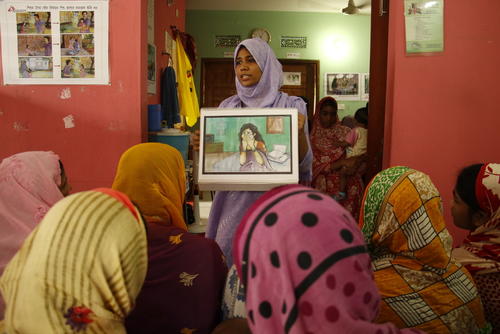
Different medical and psychological services are available for survivors of sexual and gender-based violence in our facilities in both Cox’s Bazar and Dhaka. In 2020, more than 3,000 patients received assistance.

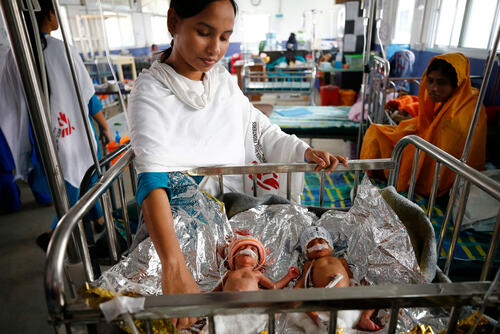
Our reproductive health services include antenatal consultations, assistance for deliveries and family planning. In 2020, more than 43,000 antenatal consultations were performed and more than 35,000 people were supported through family planning. Additionally, almost 4,000 deliveries were assisted by MSF teams in Cox’s Bazar.

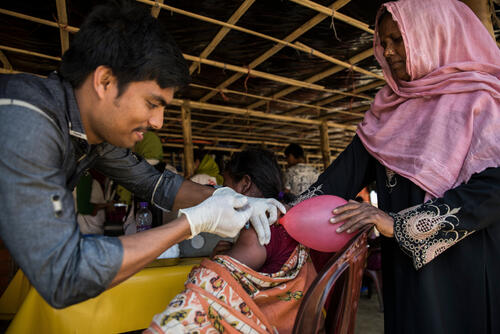
We're supporting government initiatives to expand routine vaccinations and we have also supported the first round of COVID-19 vaccinations for Rohingya refugees (over 55 years old). Staff at all our facilities now have the capacity to administer immunisation for measles and rubella, oral polio and tetanus according to national protocols.

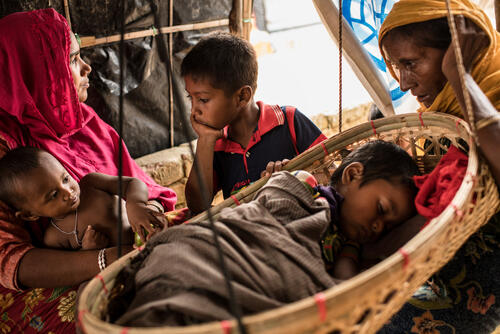
Our teams in Bangladesh provide mental health support for thousands of people every year. We offer mental health and psychosocial support through group sessions or individual consultations.

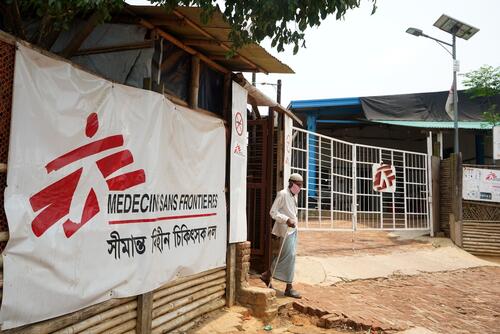
As they require long-term treatments, NCDs are often not properly covered by health systems in low-income countries and migration contexts. In Cox’s Bazar area, we provide healthcare for NCD patients for both Rohingya refugees and host communities. Currently, more than 2,000 patients are under treatment and in the first nine months of 2021, more than 43,000 consultations have been performed at MSF facilities.
Our activities in 2022 in Bangladesh
Data and information from the International Activity Report 2022.
2,043
2,043
€28 M
28M
1985
1985
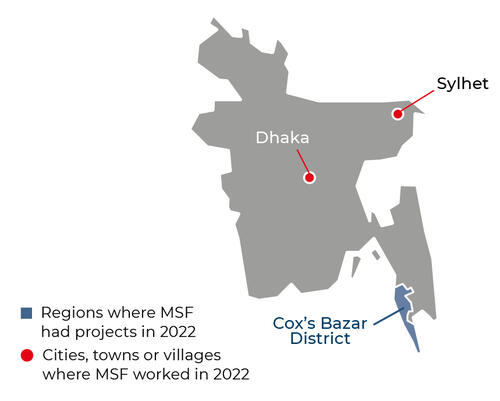

895,300
895,3
36,822
36,822
23,800
23,8

5,310
5,31

MSF activities in the South Asia floods
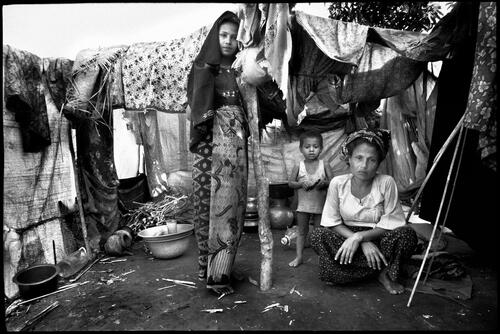
Stateless Rohingyas in Bangladesh: No one should have to live like this

Myanmar refugees in Bangladesh: Stuck with nowhere to go

Team returns to projects after bomb blasts

Five hour hikes common when assisting remote populations in Chittagong hills

Thousands of refugees harassed to return to Myanmar

New drug for visceral leishmaniasis is first step in tackling neglected diseases - but much more must be done
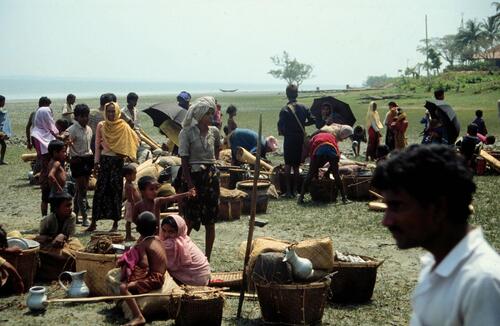
Ten Years for the Rohingya Refugees: Past, present and future





